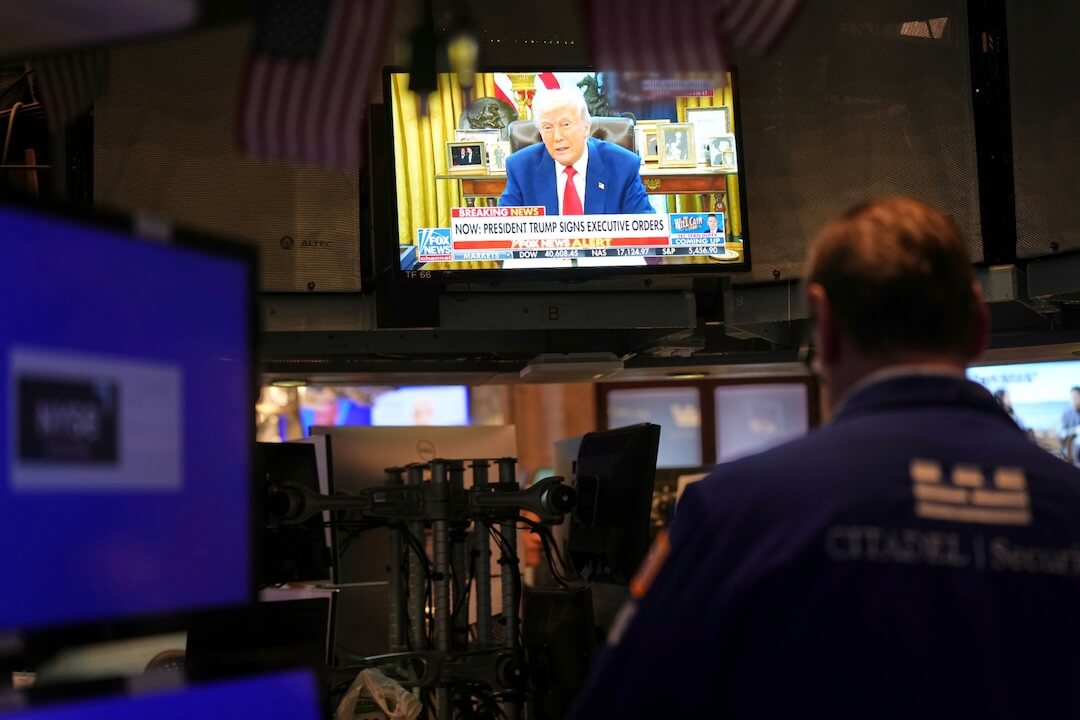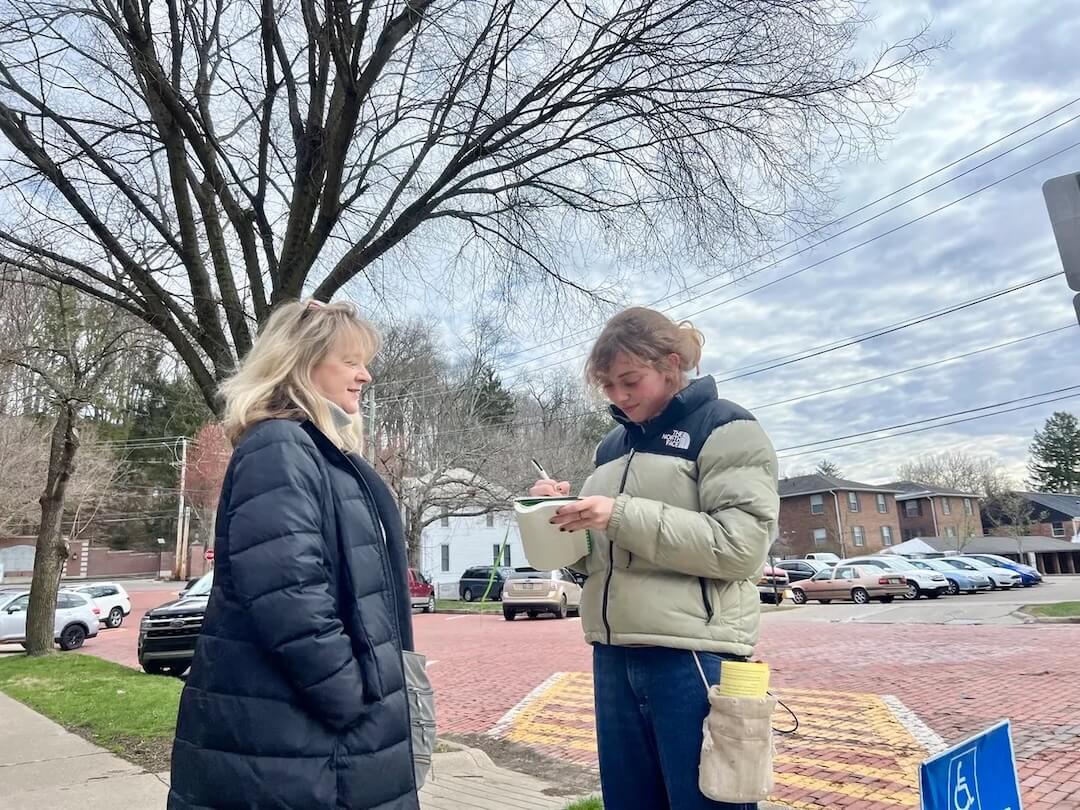The effort to give news outlets an antitrust exemption so they can negotiate compensation for content from the big platform companies continues to move forward – slowly.
But a deadline looms. After approval by the Senate Judiciary Committee Sept. 22, the earliest the Journalism Competition and Preservation Act (JCPA) will come to the floor for a vote is in a post-election lame duck session.
Given that timing, Danielle Coffey, Executive Vice President and General Counsel of the News Media Alliance, who has led lobbying for the JCPA, told me, the biggest plus is that the measure enjoys bipartisan support.
After redrafting, three hearings and several amendments, a majority of Republicans voted with all Democrats on the judiciary committee to move the JCPA forward. A companion bill has bipartisan sponsors in the House.
So far so good. However, if the midterms give Republicans control of one chamber of Congress or both, it is no sure thing that the consensus will hold. Rolling over consideration to 2023 would double the uncertainty, perhaps consigning the JCPA to the big dustbin of proposals that didn’t quite make it.
Opponents with varying objections have emerged since a first version of the bill was introduced in March 2021. Google and Meta have not formally taken a position, but the trade association the platforms are members of wants the legislation to be blocked.
After the committee vote, the Computer and Communication Industry Association commented:
“The JCPA continues to be an unprecedented government overreach. It encourages the creation of a media cartel which will impose taxes (on links), and it threatens to hamstring digital services’ efforts to moderate dangerous content . …
“While objective journalism is critical to informing voters, inserting federal regulators into private sector business negotiations, mandating carriage of what the government thinks is ‘news,’ and promoting cartels is an irresponsible way to encourage an independent and robust news media.”
That is a debatable interpretation of what the law says. Platforms could still remove content they judged to be false or hate speech, but they would be risking legal action from a publisher who had chosen to be part of the joint negotiation.
Conservatives, led by Sen. Ted Cruz (R-Tex.), are particularly angry at the prospect of seeing right-leaning journalism sites lumped in with the likes of Q-Anon. He argues the result would be legitimate advocacy journalism effectively being censored.
An assortment of progressive groups are working against passage of JCPA too, for entirely different reasons. They claim that the bill will benefit big publishing companies like Gannett or hedge fund Alden Global Capital’s newspaper holding groups over smaller ones.
Local broadcasters also are being given permission to negotiate collectively with the platforms. Through waves of consolidation, the great majority of local stations are not locally owned, and bit players like Sinclair and Nextstar would benefit.
While the bill partly pegs distribution of compensation from the platforms to the number of local journalists a publisher employs, opponents suspect that large outlets, many now owned by hedge funds, will find ways to drop compensation from platforms to debt repayment or profit.
Public Knowledge, a coalition of groups including library associations, Common Cause and Wikipedia, summarized the case against JCPA in a Sept. 2 letter to the judiciary committee, concluding, “the bill remains enormously problematic.”
Among the arguments: The upshot of forcing the platforms to pay for short summaries and links may be less public access to news, not more.
The NewsGuild has wavered on whether to support the legislation. The JCPA has been gradually improved with amendments, Guild President Jon Schleuss emailed me Tuesday, but he sticks with an earlier reservation: “We cannot trust companies like Gannett, McClatchy and Alden to invest the money in newsrooms. How much money does Gannett alone spend on anti-journalist lawyers? Does Congress stand with working journalists or hedge funds, private equity and Wall Street?”
Another critic is the Local Independent Online News publishers (LION). Executive Director Chris Krewson told me that half of the LION’s 400 digital startups are too small to qualify as members of the joint negotiation. He wrote to LION members: “The companies with their hands out are the ones that spent decades ignoring their businesses and cutting journalism away from communities, leading to the crisis we face today.”
I also heard this week from Ken Doctor, long my friendly competitor as a media business analyst, who set that work aside two years ago to launch a digital startup – Lookout Santa Cruz – in his hometown.
From that dual perspective, Doctor said, he too has written Congress in opposition to the bill. “JCPA, despite its (good) intentions,” Doctor said in his letter, “will generate more negative impact on the local press’ standing and revival than positive.”
The chains, he continued, are embarked on a “ ‘squeeze on the last profits, and then turn the lights off’ business strategy.” In many instances, they publish ghost newspapers “that maintain … trusted nameplates, but have one or two ‘local’ stories, usually written by a $20-an-hour trainee reporter with no experience in the community.”
In effect, Doctor and the others are arguing, Congress would be putting its thumb on the scales in favor of the fast-declining legacy press at the expense of the more promising and locally-rooted digital startup sector.
The move to extract payment from the platform companies dates back nearly 15 years. In 2009, Rupert Murdoch led the charge, asserting that Google was claiming “a right to take our news content and use it for their own purposes without contributing a penny to its production.”
During that skirmish and others that followed, Google and Facebook have countered that they send valuable traffic to publishers who are free to opt out, if they wish.
When saber-rattling from Murdoch and other publishers proved ineffective, they shifted to seeking legal sanctions that would mandate negotiations. Versions like Australia’s year-old news media bargaining code and the JCPA proposal include a government directive that there will be arbitration if the sides cannot come to terms.
Coincidentally, as the fight over JCPA heats up, the News Media Alliance announced Tuesday that president and CEO David Chavern will be leaving at the end of the year for a similar position with the Consumer Brands Association. Coffey has taken the lead this year on shepherding the bill through Congress, but gaining leverage against the platforms has also been Chavern’s signature initiative in his seven years as NMA’s CEO.
Having covered the JCPA and other proposals to help local news for two years now, I am becoming less optimistic. The objections are not frivolous, but I don’t see them overriding the basic case for leveling the bargaining position between the platforms and publishers, getting more money to those who do the work of gathering the news.
In their position papers, the opponents typically nod sympathetically to the plight of local news and the damage its decline does to civic life. But a “sorry about that” doesn’t do much of anything to halt the slide.







